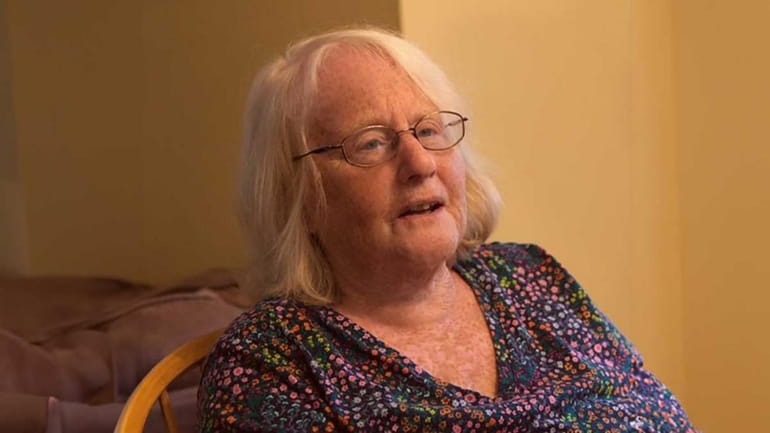Hofstra historian Carolyn Woods Eisenberg wins Bancroft Prize for book on Kissinger, Nixon, Vietnam War

Carolyn Woods Eisenberg, a Hofstra University history professor and author of the book "Fire and Rain: Nixon, Kissinger and the Wars in Southeast Asia." Credit: Hofstra University / William Fried
A Hofstra University historian has won a prestigious Bancroft Prize for a study of Henry Kissinger, Richard Nixon and the Vietnam War that draws on thousands of pages of declassified documents.
Jurors for the Bancrofts, awarded each year by Columbia University, called Carolyn Woods Eisenberg’s "Fire and Rain: Nixon, Kissinger, and the Wars in Southeast Asia" (Oxford University Press 2023) a biography of the two “working desperately to extract the United States from the war in Vietnam, and simultaneously a compelling history that explores the human cost of this conflict for the peoples of Vietnam, Laos, and Cambodia … an unflinching examination of the moral consequences” of policy.
In an interview, Eisenberg, who started teaching at Hofstra in 1990, said the book took 20 years to write — about the same as her earlier work, a prizewinning account of the origins of the Cold War in Germany following World War II. “I am probably more willing than any normal person” to spend years researching in archives, she said.
Eisenberg’s latest work grew out of government records from both the United States and the Soviet Union that show how the war influenced international diplomacy.
“What people understood at the time of the war, that we were doing this because we needed to show American credibility to the Communist superpowers … looks very different” through the documents, which began to be released about 15 years ago, she said. “Ultimately their diplomacy with the Russians and the Chinese was about getting their help to end the war, getting them to pressure the North Vietnamese to end a war that would look OK” to the American public as the death toll of U.S. service members climbed.
That strategy had mixed results — the world’s largest Communist powers did urge the North Vietnamese to negotiate, but continued their military assistance. It did, however, yield great power summits that embellished Nixon’s image as a peacemaker, Eisenberg said.
It also undermined the work of U.S. arms control specialists and likely led to a strategic arms treaty with the USSR that was “more favorable” to the USSR than what the United States would have otherwise negotiated, Eisenberg said.
Eisenberg said her students had inspired her work, partly by voicing their frustration over histories of the war that focused on policy without taking into account policy’s impact on people’s lives. When she began teaching the history of the war at Hofstra in the 1990s, some students told her they were taking the course to learn about what their fathers who were Vietnam veterans had experienced.
When it came to those subjects, she said, Nixon and Kissinger exhibited an “absolute lack of concern about the impact of the things they were doing on any human beings: American soldiers, people who lived in Vietnam, people who lived in Laos and Cambodia. There’s monumental indifference. They don’t even want to know about it, they don’t even want to read about it.”
This year’s other Bancroft winner was Elliott West, author of "Continental Reckoning: The American West in the Age of Expansion" (University of Nebraska Press 2023). Each prize carries a $10,000 award. This year, 228 books were submitted for consideration for the prize.
